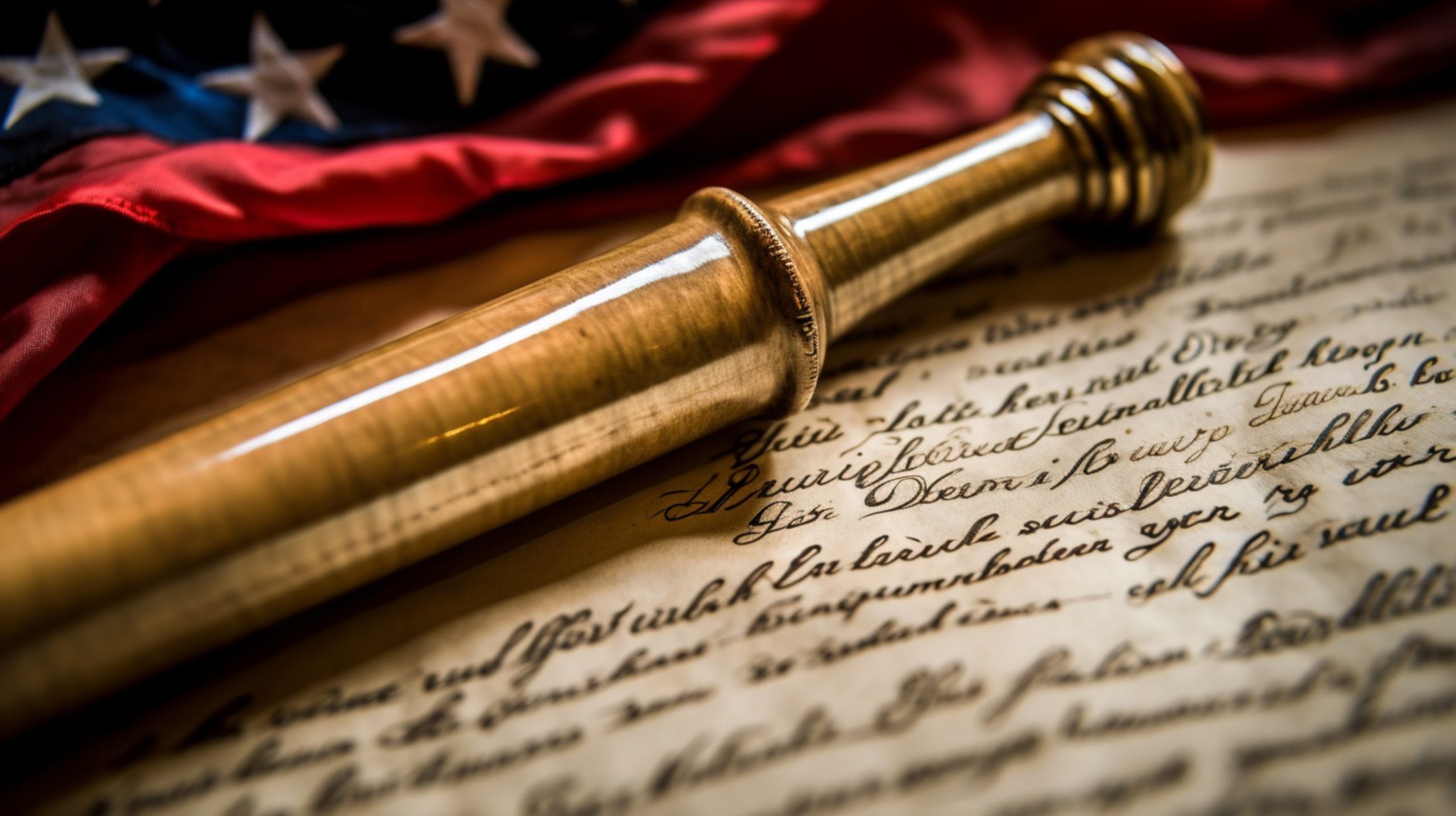1844 – The New Jersey State Constitution Adopted by Constitutional Convention

The 1844 Constitution of New Jersey marked a pivotal shift in the state’s governance. Replacing the original 1776 charter, it introduced significant democratic reforms, including the direct election of the governor, a clear separation of powers among the executive, legislative, and judicial branches, and the expansion of voting rights to all white men regardless of property ownership. The document also reorganized the legislative structure into a bicameral body, established stronger checks and balances, and provided the judiciary with greater independence.
While progressive for its time, the constitution reflected the limitations of its era — voting remained restricted by gender and race. Nevertheless, it laid the foundation for a more modern and representative government in New Jersey, serving as the state’s guiding framework until it was replaced by the 1947 Constitution.
- Article I
- Article II
- Article III
- Article IV
- Article V
- Article VI
- Article VII
- Article VIII
- Article IX
- Article X
Article II
Right of Suffrage.
- Every white male citizen of the United States, of the age of twenty-one years, who shall have been a resident of this State one year, and of the county, in which he claims his vote five months, next before the election, shall be entitled to vote for all officers that now are, or hereafter may be elective by the people; provided, that no person in the military, naval, or marine service of the United States shall be considered a resident in this State, by being stationed in any garrison, barrack, or military or naval place or station within this State, and no pauper idiot, insane person, or persons convicted of a crime which now excludes him from being a witness unless pardoned or restored by law to the right of suffrage, shall enjoy the right of an elector.
- The legislature may pass laws to deprive persons of the right of suffrage who shall be convicted of bribery at elections.
